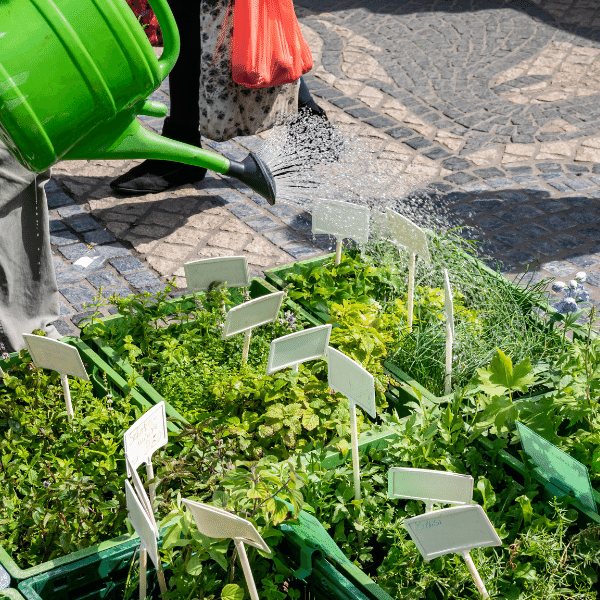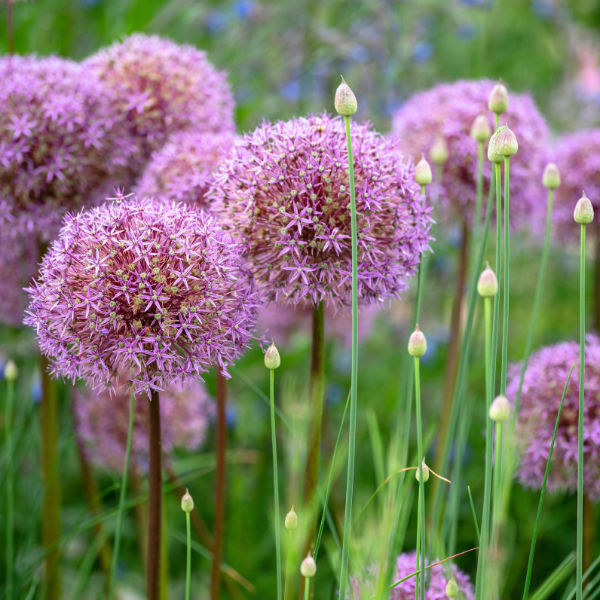How To Care For Your New Hamster

So, you've bought a hamster and have no idea where to start...this is the perfect blog for you!
Read our tips and advice to take the best care of your new pet.
Introducing Your New Little Pet
Firstly when buying your hamster, you should make sure you have somewhere suitable for the cage. Place the cage in a calm and quiet area away from a TV, radio, kitchen etc. and away from direct sunlight and draughts. Make sure you have all of the necessary supplies before you bring them home. We have everything you could ever need in our pet centre, including toys, bedding, cages, food, and accessories. If you need help choosing or just want some advice, ask our friendly pet team who will be happy to assist.
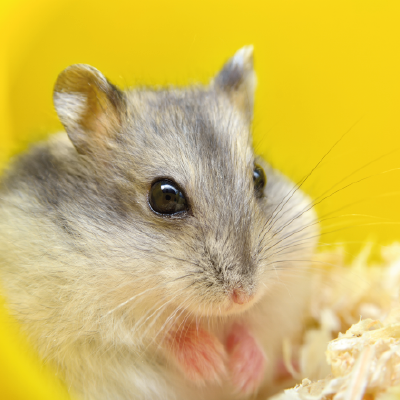
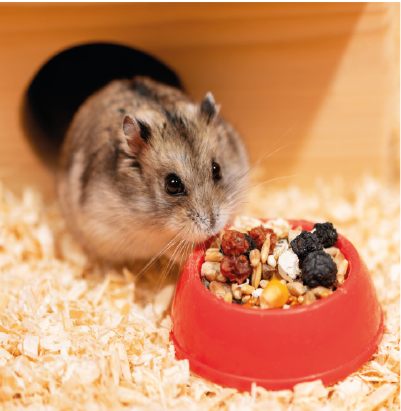
What To Buy
- Cage: Choose an appropriate cage for your hamster, we have a variety of cages to choose from in our pet centre, just ask our team for more info
- Bedding: We recommend our Safebed paper wool to keep them cosy and warm
- Food: Tiny Friends Farm Harry Hamster Food Tasty Mix Muesli gives your hamster all the nutrition and taste they need
- Toys: You can find small huts and hideaways in our pet centre, they are important to keep in their cage as hamsters love to hide and sleep in the day. Hamster balls and wheels are a great way to keep your hamster active
- A ceramic food bowl and plastic water bottle should definitely be on your essentials shopping list
- A gnawing block is a great idea for hamsters to help keep their teeth short
- Animal-safe disinfectant for cleaning out the cage is also important
- Finally treats! Treats can help you bond with your hamster so keep them nearby so that you can reward them and teach them tricks
Now you've got everything you need, how do you take care of your hamster?
- It's best to leave them for a few hours after travelling with them home so that they get used to their new environment and can settle
- Once you've put the bedding, full water bottle, food bowl with food and toys into the cage and set it up in a calm pleasant environment, carefully approach your hamster in the travel box and pick them up carefully and place them in the cage
- Hamsters require around 6-8 hours of sleep in the day. Do not try to wake them up, come back when they're awake
- Its a good idea to let your hamster get used to your voice before you handle them. Once they seem to respond to your voice, try picking them up carefully, don't make any erratic or loud movements as it may scare them. Start by picking them up once a day, the more you handle them, the more they will get used to it and get more comfortable being around you
- You can teach your hamster some basic tricks like 'stand', 'jump', 'roll over' with the help of treats!
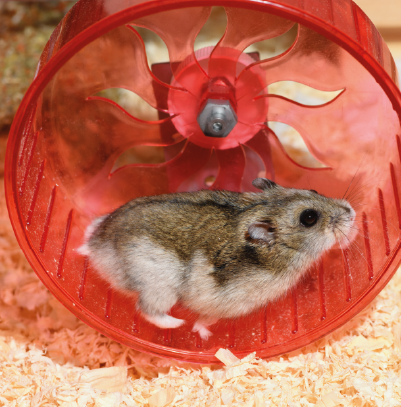
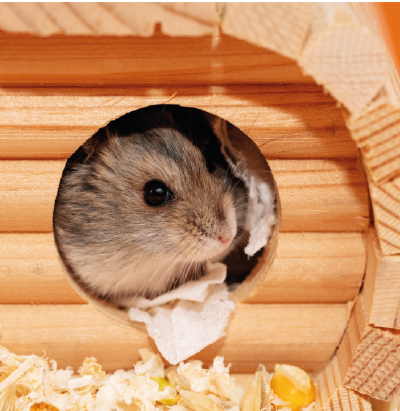
Did you know...
- There are 24 species of hamster. The most popular pets and hamsters we sell here are the Syrian and Russian Dwarf Campbell.
- Most hamsters like to live alone so it is recommended that they are bought singularly. Syrian hamsters naturally live alone, whilst Russian dwarf hamsters can live in groups however it is dependable on the individual.
- A hamster's teeth have a self-sharpening system where their incisors grind against each other while gnawing eventually wearing them down. Their teeth never stop growing so this is an important part of keeping them short and tidy.
- Hamsters are nocturnal, their large eyes and retinas are dominated by rods - the part of the eye that can function in lower light making them able to see well in the dark.
- You should always make sure your hamsters cage is equipped with toys that allow them to explore and play with such as a ladder, wheel, or chew toy. Hamsters enjoy exploring and use their whiskers to help them sense objects in their environment.

 2,768 REVIEWS
2,768 REVIEWS


